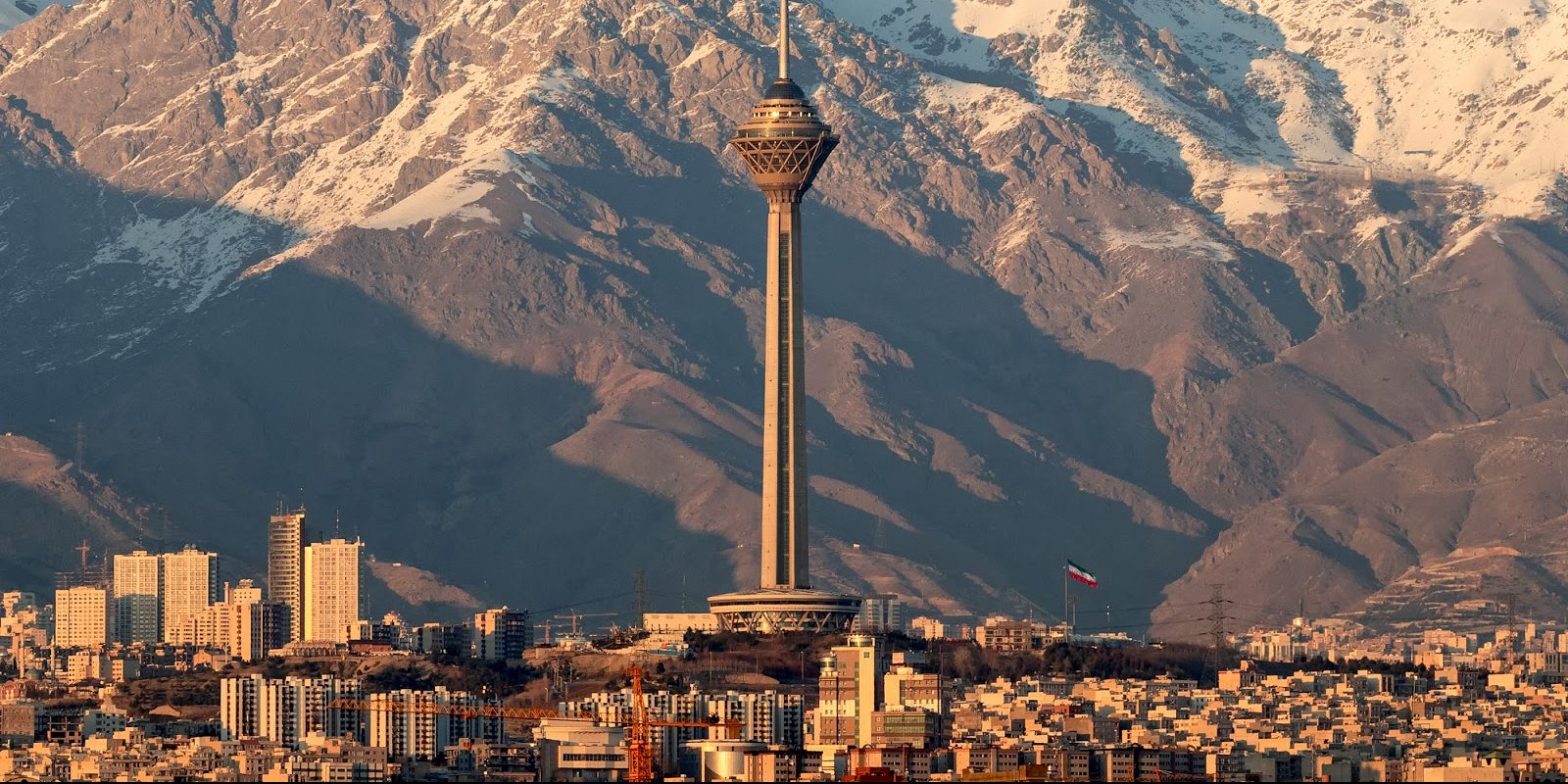To understand the existential issues facing Iran, you could do worse than to catch the new AppleTV show Tehran. It’s hard to find, and even harder to execute a TV show that at once is a gripping spy story, a lesson in geopolitics, a dramatic romance, and a look into the social crises underlying Iranian culture.
First, a quick synopsis.
Without giving away any spoilers, the show is centered around a spy from Mossad, the Israeli intelligence agency, operating out of Tehran, who is trying to hack into the regime’s air defense system to enable a clear bombing of a nuclear facility by the Israel Air Force. Throughout the show’s eight episodes, the last of which aired on October 30, we are shown the inner workings of Mossad and the Islamic Revolutionary Guard Corps (IRGC), the experience of young Iranians—both moderate and conservative—and the emotionally traumatizing place that too many Iranians find themselves in, forced to choose between loyalty to their family and loyalty to the regime.
The show reveals three things about modern Iran: its large, progressive, educated and trapped youth population, its unhealthy obsession with Israel, and its passionate global diaspora.
As someone with Iranian heritage—my father was born in Tehran—what I found particularly revealing, and profoundly tragic, about the show was the story it told about the young Iranian population. Around 60 percent of the population of Iran is under the age of 30 (compared to 40 percent in the US). It is a relatively highly educated group of the population, and is becoming increasingly more progressive than their parents’ generation. But what they lack, crucially, is power. Iran is politically dominated by old or middle aged men—President Rouhani is 71 and Supreme Leader Ayatollah Khamenei (who holds ultimate power) is 81.
The tragedy of the Iranian youth population is that they are highly capable, well educated, forward thinking, but trapped. They are trapped in a country where economic prosperity, political freedom, and international engagement are all made impossible by a backward looking, misogynistic, anti-semitic, and internationally destructive regime. The show does a better job than I ever could in presenting just how tragic the situation currently is. The characters you meet are young, smart, liberal, forward and outward looking men and women who simply want their freedom from this tyrannical theocracy. It gives you a fleeting insight into what Iran could be like were it not ruled the way it is: technologically advanced and incredibly successful in the region. While this may be disheartening right now, it suggests that when representative government does eventually come to Iran, there is a population ready to take advantage of it and bring the country fully into the modern, global community.
The second thing that this show reveals is that part of what is holding the country back is a myopic, destructive obsession over Israel. The show’s main antagonist works for the IRGC and has spent his whole professional life doggedly pursuing Israeli spies and working to defeat Israel. He is shown to be one man in a system with a shared goal. This virulent hatred of Israel is one of the driving motivations behind Iran’s pursuit of a nuclear weapons programme, which has resulted in crippling economic sanctions imposed by the US and other Western nations. Before COVID ravaged the country, they were already experiencing an economic contraction of nine percent, crude oil exports were rapidly falling, the Rial halved in value, and unemployment was 11 percent—all the while costs of living were increasing. The obsession with Israel has also meant that, instead of addressing the systemic issues that the country and its population are facing, the government has spent time and immense amounts of money trying to battle the Israelis, both kinetically and technologically. On top of the destructive effects this policy is having internally, it is also proving incredibly destabilizing throughout the region, most notably in Lebanon, where support for Hezbollah and other militias continue to convulse the country. Were Iran to simply abandon their unhealthy obsession with Israel, they could finally begin to address the issues that actually matter to their people.
Finally, one of the profound aspects of the show is the way in which it portrays the Iranian diaspora. The main character—the Mossad agent—was born in Iran to Jewish-Iranian parents who subsequently moved to Israel. “One eye looks out to Jerusalem, and the other to Isfahan,” says her father. This character and her father speak to and are emblematic of a large population of Iranians living outside the country, many of whom fled following the Revolution, who still feel incredibly passionately about their country, and for the most part are enraged at the regime today. “These clerics have ruined the most beautiful country on Earth,” says one of the agents. It is this sentiment that abides in those millions of Iranians living abroad. Every time the clerics lock up another innocent Iranian-American and his father with cancer, or when they execute a UFC fighter on trumped up charges, or violently quell protests, it is that sense of tragedy coupled with rage that millions of Iranians are filled with. I know I am.

